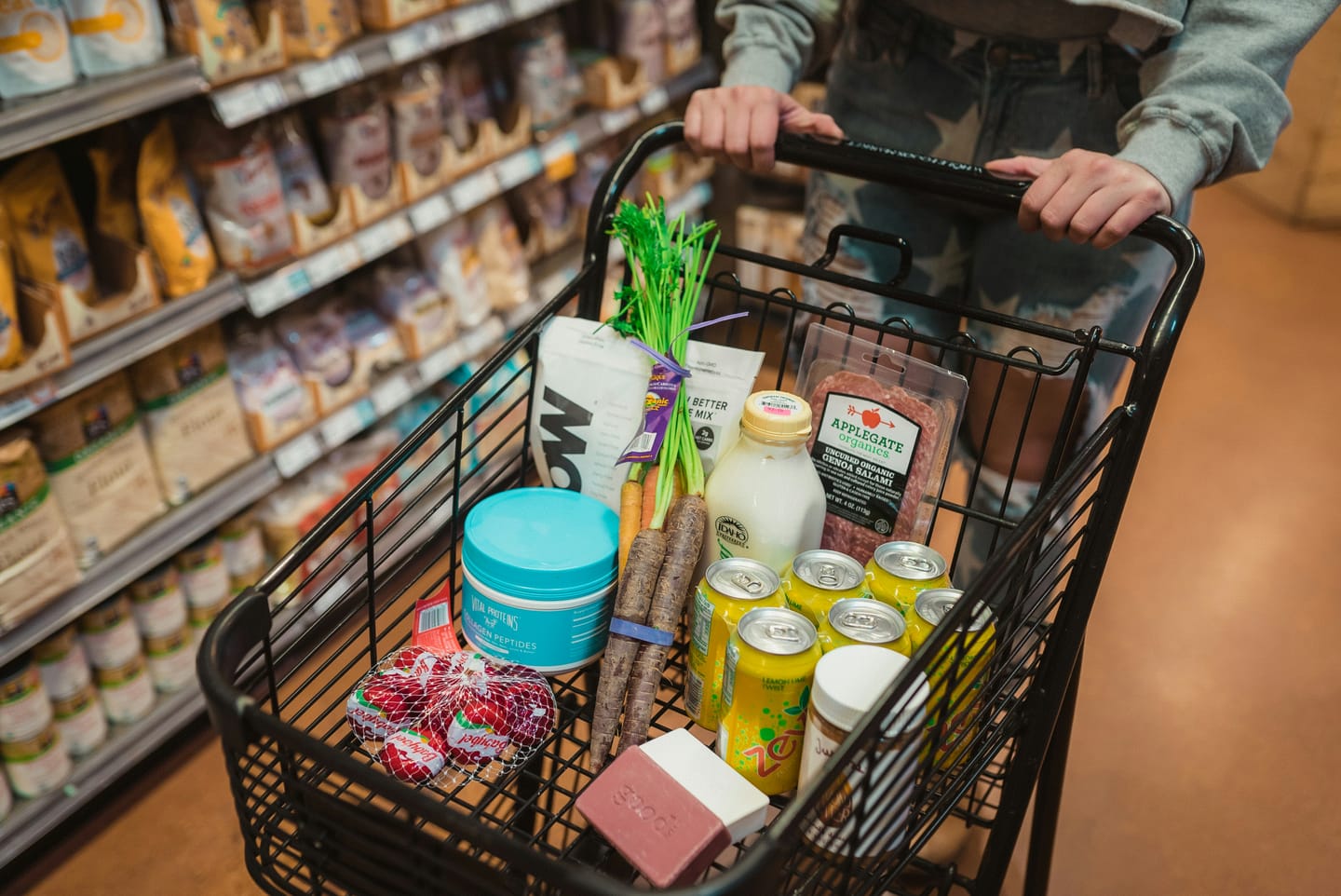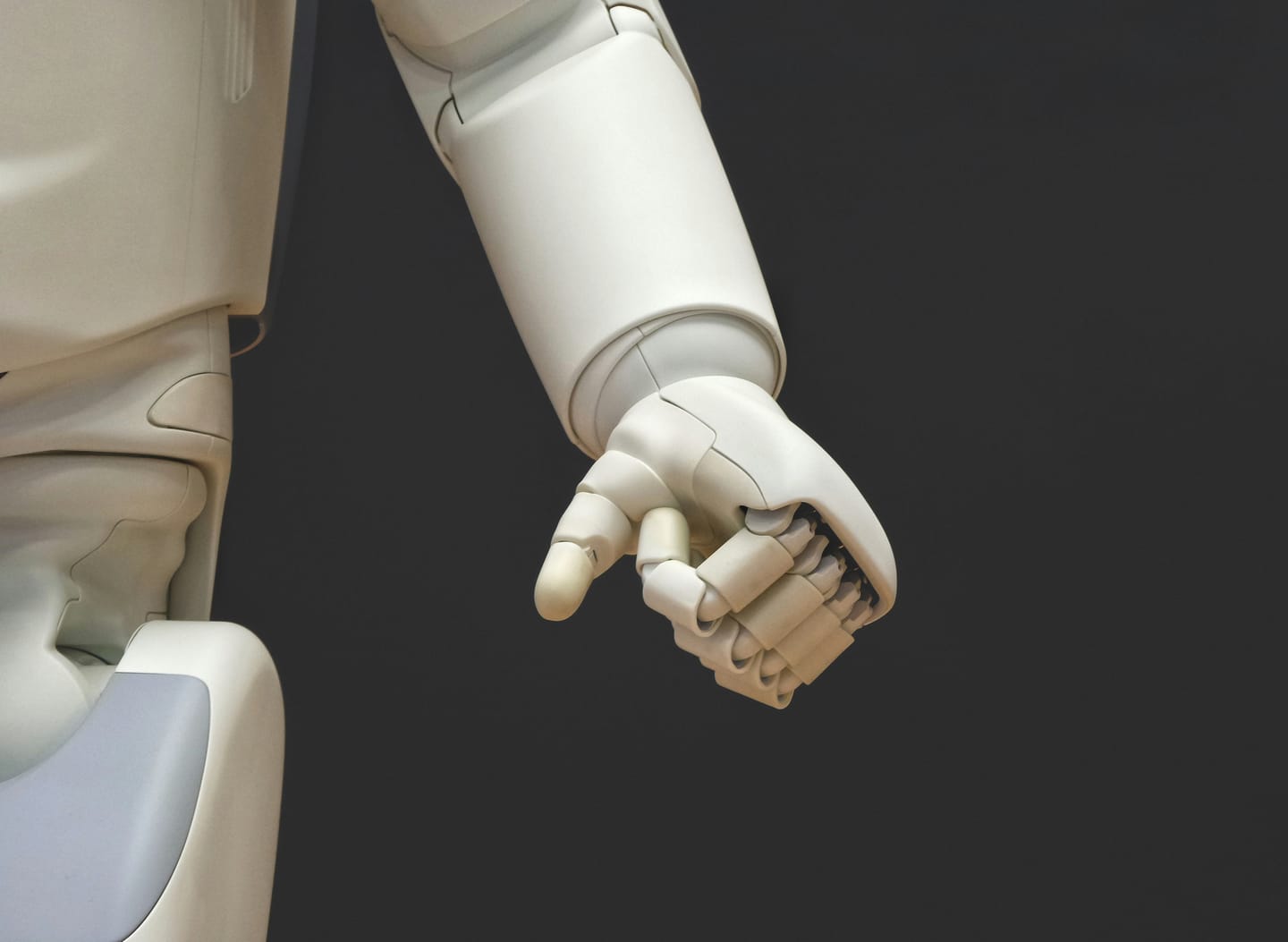Trump Imposes 25% Tariff on Nvidia H200 AI Chips Bound for China
President Donald Trump signed a proclamation imposing a 25% tariff on advanced AI semiconductors produced outside the United States that pass through the country before being exported to other nations, formalising a key component of the U.S. Department of Commerce's December decision to permit Nvidia to ship













